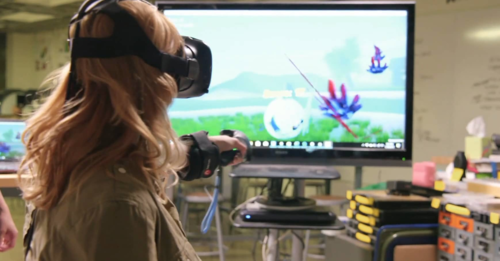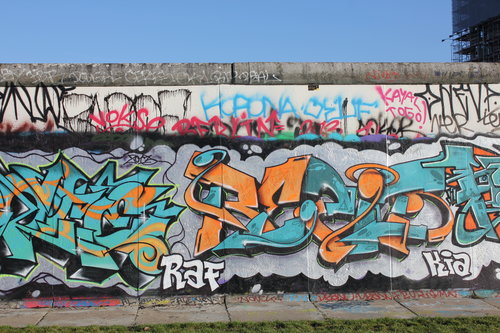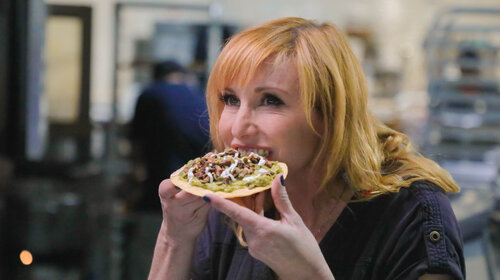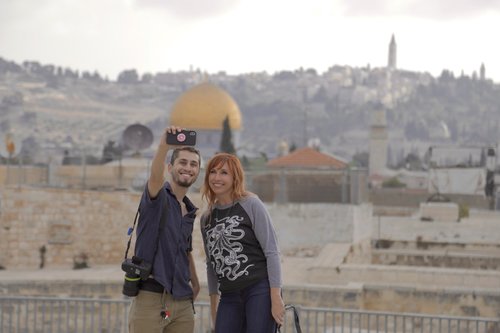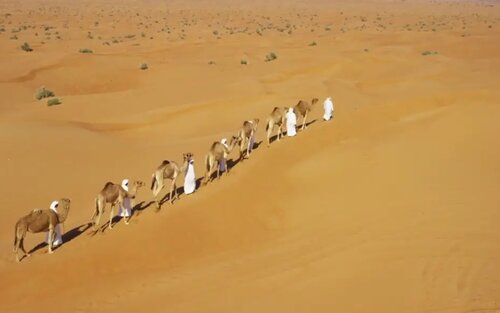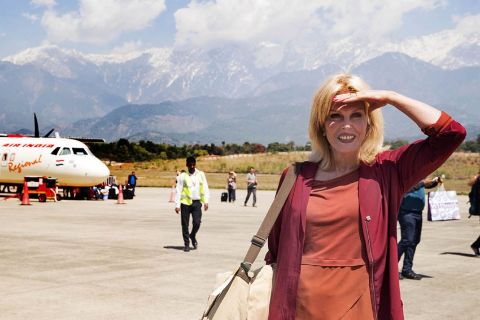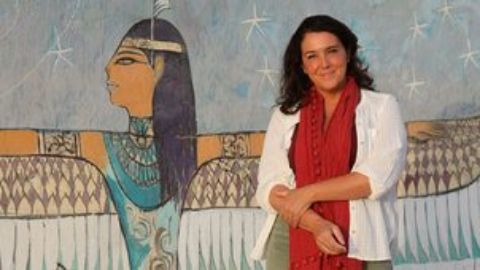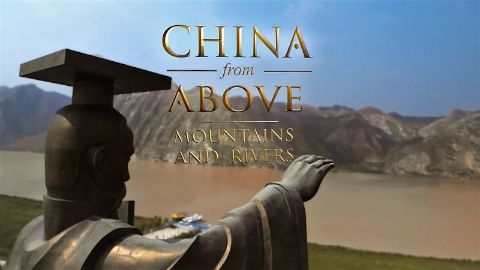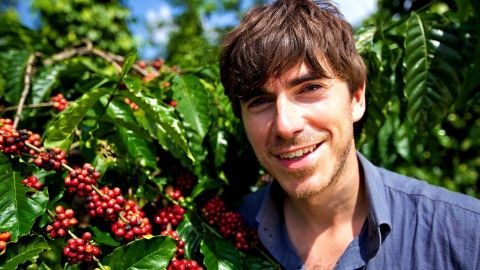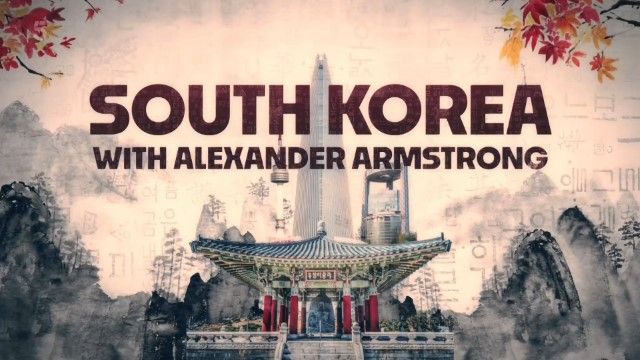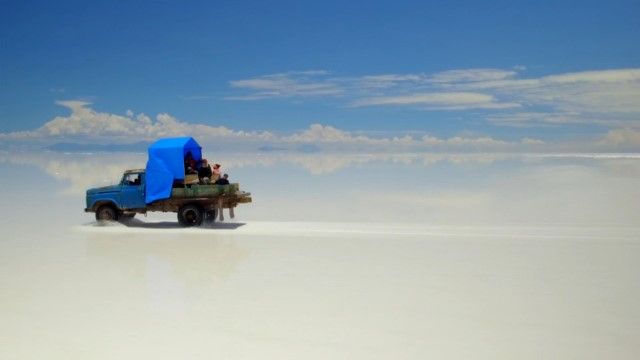Jerusalem, Israel • 2021 • episode "S1E4" • Crash Test World
Is peace possible? In a world of conflict, people can live in peace. Kari goes in search of communities across Israel that are living in peace, and discovers that it is the young people, with their curiosity of their common history, their sharing of food and cuisine, and their desire of intersectionality in sports and music, who are striving for peaceful coexistence, despite the ongoing conflict around them
Make a donation
Buy a brother a hot coffee? Or a cold beer?
Hope you're finding these documentaries fascinating and eye-opening. It's just me, working hard behind the scenes to bring you this enriching content.
Running and maintaining a website like this takes time and resources. That's why I'm reaching out to you. If you appreciate what I do and would like to support my efforts, would you consider "buying me a coffee"?
Donation addresses
BTC: bc1q8ldskxh4x9qnddhcrgcun8rtvddeldm2a07r2v
ETH: 0x5CCAAA1afc5c5D814129d99277dDb5A979672116
With your donation through , you can show your appreciation and help me keep this project going. Every contribution, no matter how small, makes a significant impact. It goes directly towards covering server costs.
